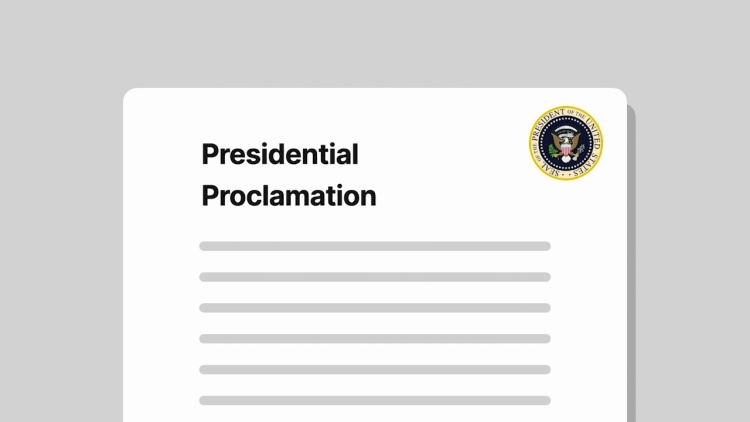United States v. Midwest Oil Co.
United States Supreme Court
236 U.S. 459 (1915)
- Written by Melanie Moultry, JD
Facts
The Oil Placer Act of 1897 allowed United States citizens to occupy, explore, and purchase public lands containing oil. Private parties rapidly extracted oil in states such as California and Wyoming. In 1909, the director of the United States Geological Survey issued a report warning that the high rate of oil extraction would obligate the federal government (government) (plaintiff) to purchase oil from private parties, and would reduce the Navy’s oil supply. The report recommended the suspension of oil claims in California. The president of the United States issued a proclamation that temporarily withdrew certain public lands from private acquisition, pending proposed federal legislation. The withdrawal encompassed lands located in Wyoming. In 1910, the Midwest Oil Company (Midwest) (defendant) extracted large amounts of oil from public land in Wyoming. The government filed a bill of equity in the United States District Court for the District of Wyoming, seeking to recover the land and obtain an accounting for the extracted oil. The government asserted that this withdrawal was authorized by the president’s executive power and Congress’s tacit consent. Midwest argued that the president lacked the authority to withdraw land that Congress had already made open to private acquisition. The district court dismissed the bill, and the government appealed. The court of appeals certified the case to the United States Supreme Court.
Rule of Law
Issue
Holding and Reasoning (Lamar, J.)
Dissent (Day, J.)
What to do next…
Here's why 907,000 law students have relied on our case briefs:
- Written by law professors and practitioners, not other law students. 47,100 briefs, keyed to 996 casebooks. Top-notch customer support.
- The right amount of information, includes the facts, issues, rule of law, holding and reasoning, and any concurrences and dissents.
- Access in your classes, works on your mobile and tablet. Massive library of related video lessons and high quality multiple-choice questions.
- Easy to use, uniform format for every case brief. Written in plain English, not in legalese. Our briefs summarize and simplify; they don’t just repeat the court’s language.





